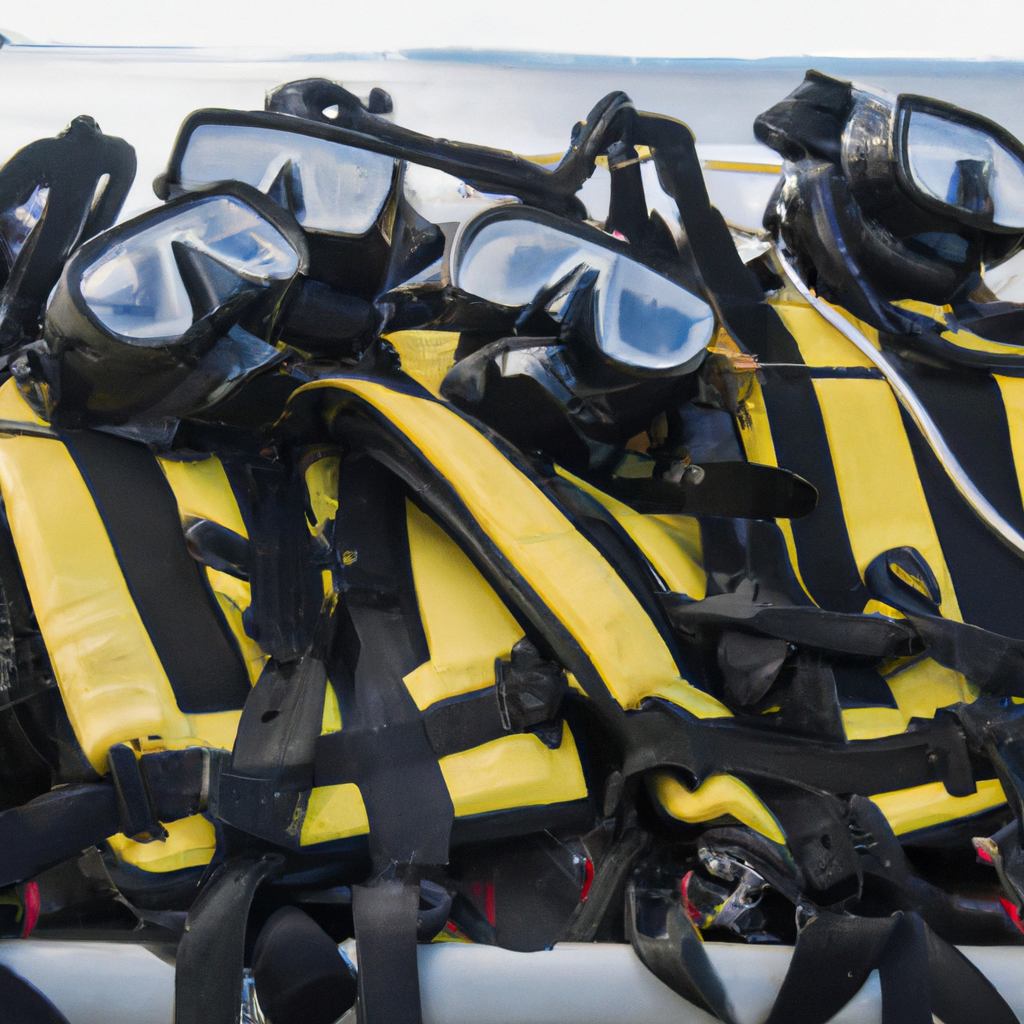Sailing Safely: Practical Guide for the Safe Carrying out of Nautical Activities

The world of nautical activities is vast, exciting and often absolutely captivating. From kayaking to jet skiing, sailing and diving, there are many ways to enjoy water and nature. However, along with the excitement of these exciting activities comes the need for caution and safety. Nautical activities, if not carried out safely, can carry significant risks. That is why we have prepared this article, to provide you with crucial information on how to practice water sports safely, how to avoid common dangers and what equipment is essential to ensure your safety. In the following sections, we will explore these aspects in depth, with the aim of providing you with the confidence and knowledge necessary to fully enjoy your nautical activities, always with maximum safety.
- 1. "Main safety measures for nautical activities"
- 2. "How to avoid common hazards when practicing water sports"
- 3. "Essential equipment to ensure your safety during nautical activities"
1. "Main safety measures for nautical activities"
The main safety measures for nautical activities include a variety of precautions that can go a long way to preventing accidents or dangerous situations. Firstly, it is essential to always wear a suitable life jacket, even if you are an expert swimmer. Additionally, it is necessary to check the weather conditions before going out on the water and have an emergency plan in case of bad weather. It is also advisable to carry out a nautical safety course that includes first aid, personal safety and emergency procedures. Another essential aspect is equipment maintenance, ensuring that everything is working properly. Finally, you should never consume alcohol before or during water activities, as it can affect your judgment, balance, and coordination.
2. "How to avoid common hazards when practicing water sports"
To avoid common dangers while practicing water sports, it is essential to follow some recommendations. First, always use appropriate safety equipment such as life jackets and helmets, depending on the sport you are doing. Additionally, you must know and respect your skill level; Do not expose yourself to situations that exceed your capacity. It is also essential to have a good knowledge of the aquatic environment; Familiarize yourself with currents, tides, the presence of rocks or other natural hazards. Never practice water sports alone, it is always advisable to be accompanied to be able to help each other in case of an incident. Finally, staying hydrated and protecting yourself from the sun are aspects that are often overlooked, but are essential to avoid health problems.
3. "Essential equipment to ensure your safety during nautical activities"
We cannot underestimate the importance of proper equipment when it comes to ensuring our safety in nautical activities. First of all, a life jacket is essential and not just any life jacket, but one that is Coast Guard approved and fits properly. Secondly, it is crucial to have a means of communication, such as a VHF marine radio, to be able to call for help in an emergency. Finally, although it may seem excessive, it is always advisable to have a well-equipped first aid kit on hand. This should include essential items such as bandages, disinfectant, a thermal blanket and, if possible, some type of emergency signaling device. Remember, in water, prevention is always better than cure.
